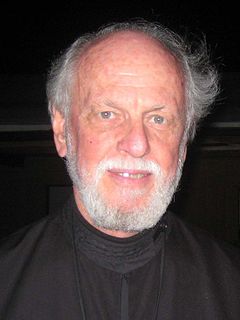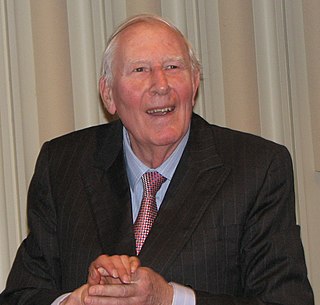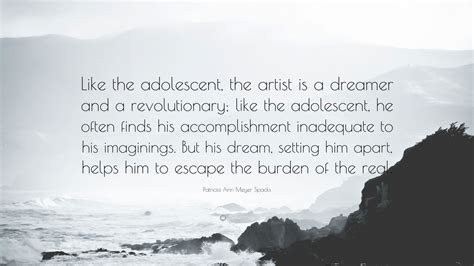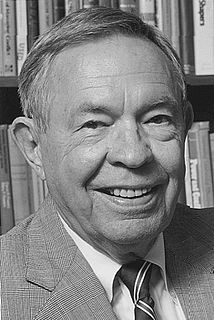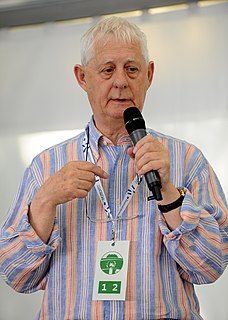A Quote by Albert Bandura
I have often been struck by the fact that most parents who are experiencing positive and rewarding relationships with their pre-adolescent children are, nevertheless, waiting apprehensively and bracing themselves for the stormy adolescent period.
Related Quotes
One can tell a child everything, anything. I have often been struck by the fact that parents know their children so little. They should not conceal so much from them. How well even little children understand that their parents conceal things from them, because they consider them too young to understand! Children are capable of giving advice in the most important matters.
An adolescent does not rebel against her parents. She rebels against their power. If parents would rely less on power and more on nonpower methods to influence their children from infancy on, there would be little for children to rebel against when they become adolescents. The use of power to change the behavior of children, then, has this severe limitation: parents inevitably run out of power, and sooner than they think.
We have the most prolonged adolescence in the history of mankind. There is no other society that requires so many years to pass before people are grown up ... Adolescence is nurtured and prolonged by educational processes and by industry that has found a bonanza in embracing the adolescent population and fortifying 'adolescent values.' This prolongation of adolescence robs the country of the population group having the most risk takers, and the highest ideals.
There's only one thing harder than living in a home with an adolescent - and that's being an adolescent. The moodiness, the volatility, the wholesale lack of impulse control, all would be close to clinical conditions if they occurred at another point in life. In adolescence, they're just part of the behavioral portfolio.




